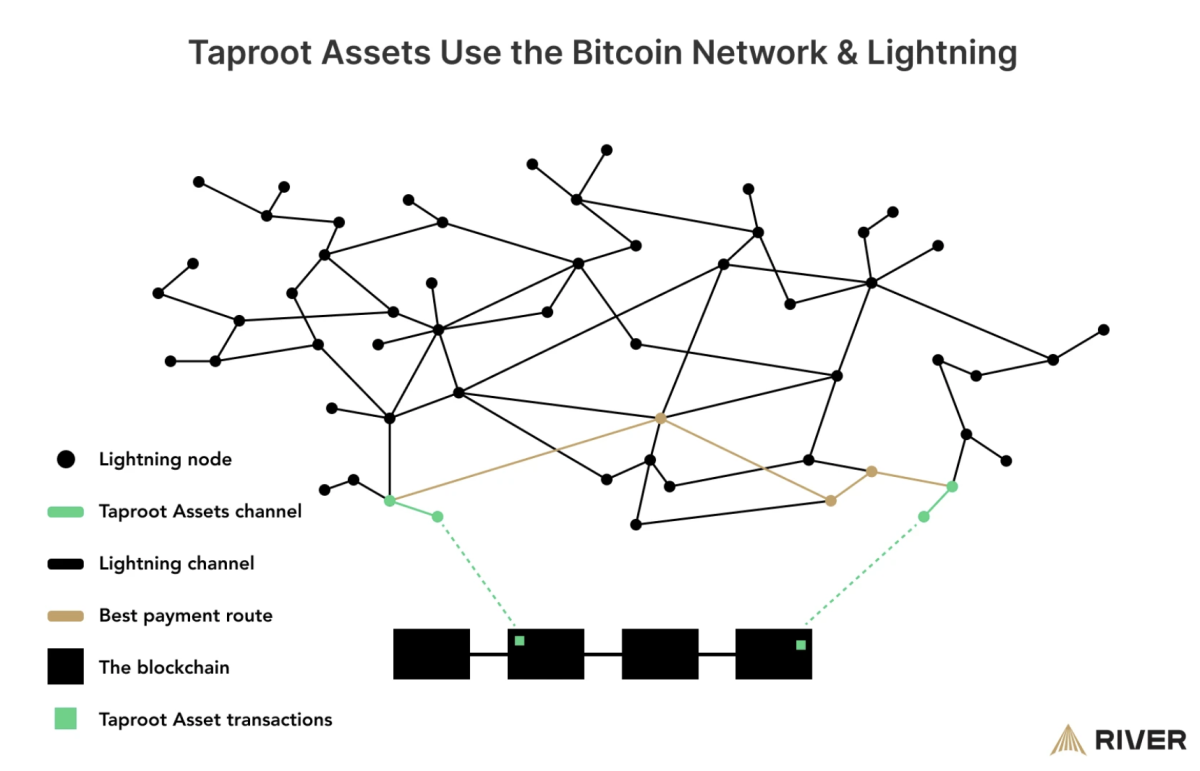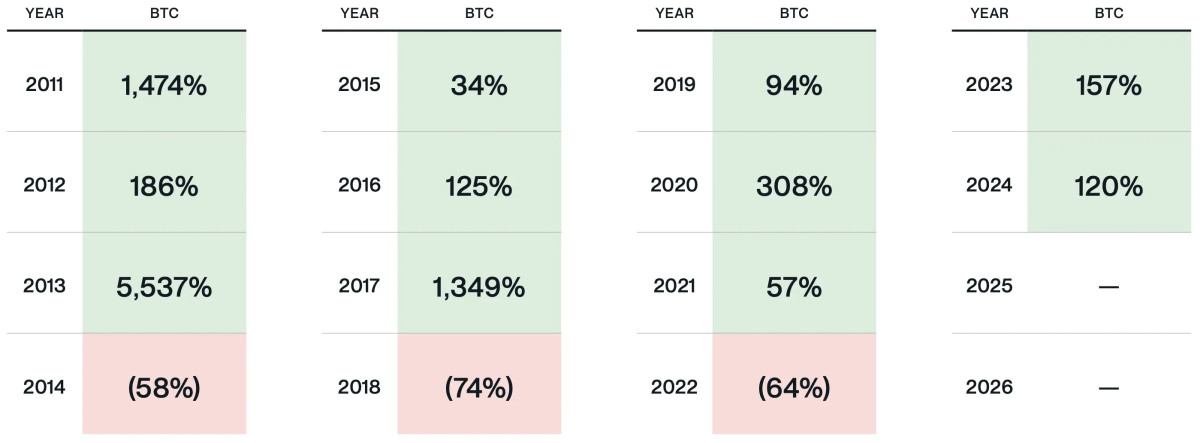Dear all,
many times people have concerns regarding centralisation via the PoS mechanism. I noticed that 'what-about-ism' argumentation is often used to handle this, meaning that under a PoW regime like in Bitcoin, only the big mining farms able to pay the high costs are in a position to mine which also contributes to centralisation. But this doesn't answer the initial concern. If you tell an alcoholic that alcohol consumption is bad for his/her health, the alcoholic might point out that smoking is even worse so everything is fine. Do you know what I mean?
Is there a reason why no randomness is added in the PoS regime? Using an uniform probability distribution for validator/pool selection, it would become unpredictable who will be chosen. Is there a flaw with this idea?
Besides this, I have another question. There seems to be different PoS variants out there and time will tell which one will be relatively better. There might be a small project with almost no network effects that has a superior PoS regime which results in some people believing the large future-PoS network of ETH 2.0 will be overthrown. This is a valid concern from the Ethereum perspective, but there is a big 'but'. If another PoS algorithm will play out to be superior to anything else the cryptospace has ever seen, couldn't the Ethereum network just implement that very same PoS regime? Everything is opensource in this field and people tend to oversee the power of network effects. Sure, the underlying technology is crucial, but without a significant network effect it is worthless. Any thoughts?
[link] [comments]

You can get bonuses upto $100 FREE BONUS when you:
💰 Install these recommended apps:
💲 SocialGood - 100% Crypto Back on Everyday Shopping
💲 xPortal - The DeFi For The Next Billion
💲 CryptoTab Browser - Lightweight, fast, and ready to mine!
💰 Register on these recommended exchanges:
🟡 Binance🟡 Bitfinex🟡 Bitmart🟡 Bittrex🟡 Bitget
🟡 CoinEx🟡 Crypto.com🟡 Gate.io🟡 Huobi🟡 Kucoin.




















Comments